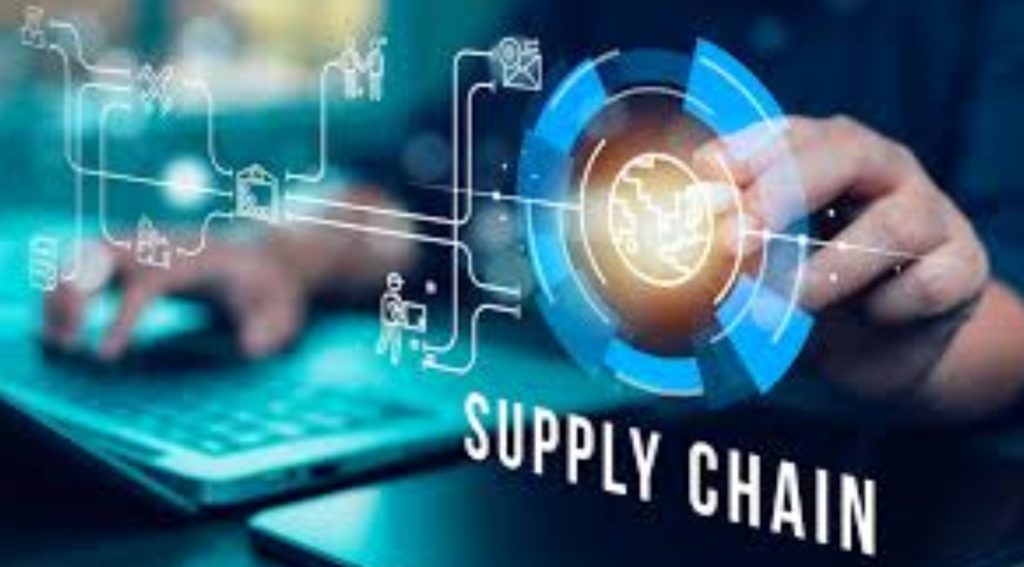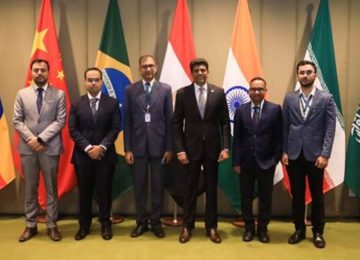In a strategic move to secure its critical mineral supply chain, the Indian government has approved a substantial ₹1,500 crore incentive scheme designed to promote recycling.
This initiative, part of the National Critical Mineral Mission (NCMM), aims to address the long gestation periods associated with mining and exploration by focusing on secondary sources like e-waste and used lithium-ion batteries.
The scheme, which will run for six years from FY 2025-26 to FY 2030-31, provides financial incentives to both new and existing recyclers. Incentives include a 20% capital expenditure (Capex) subsidy on plant and machinery, as well as an operational expenditure (Opex) subsidy based on incremental sales. To encourage broader participation, one-third of the total outlay has been earmarked for small and new entities, including startups.
The government’s plan is ambitious, with an expected outcome of developing at least 270 kilotons of annual recycling capacity. This is projected to yield around 40 kilotons of critical mineral production per year, attract approximately ₹8,000 crore in investment, and create nearly 70,000 direct and indirect jobs.
The initiative is a key step toward strengthening India’s self-reliance and supply chain resilience in critical minerals, which are vital for green energy technologies, electronics, and defense.













